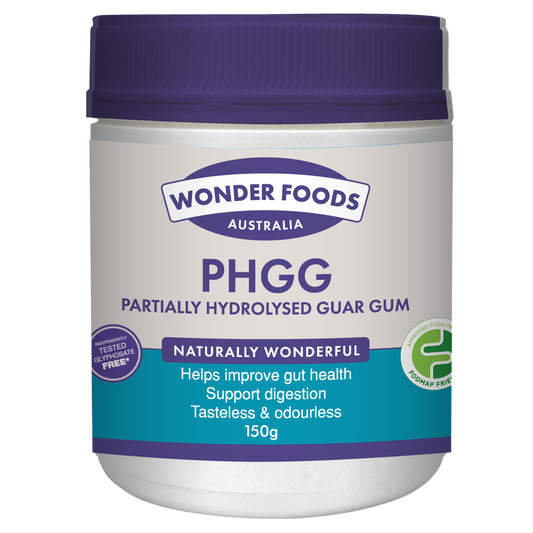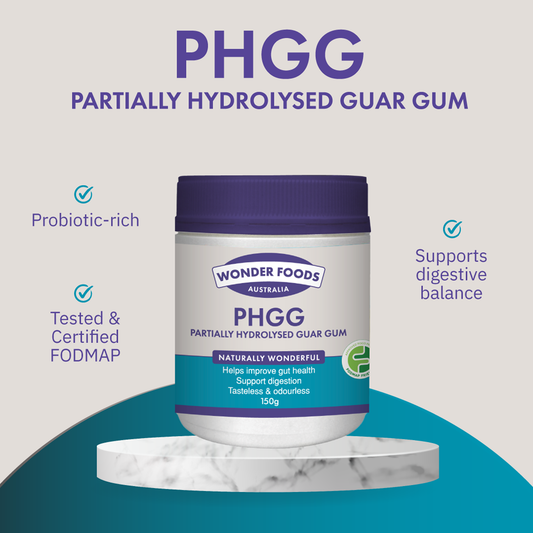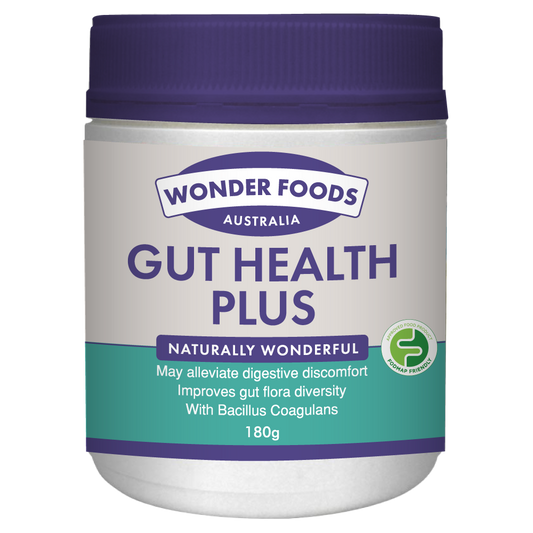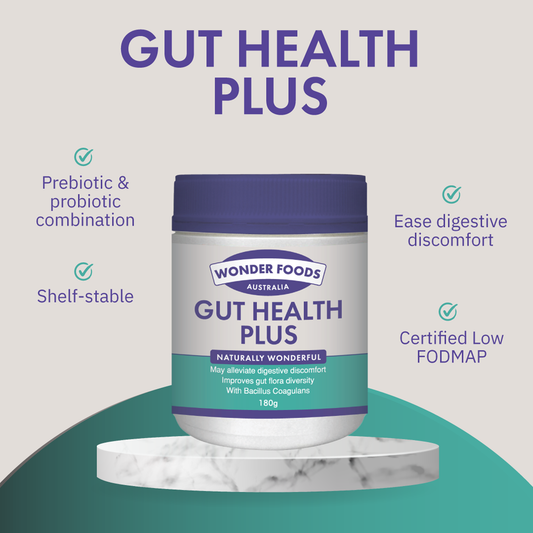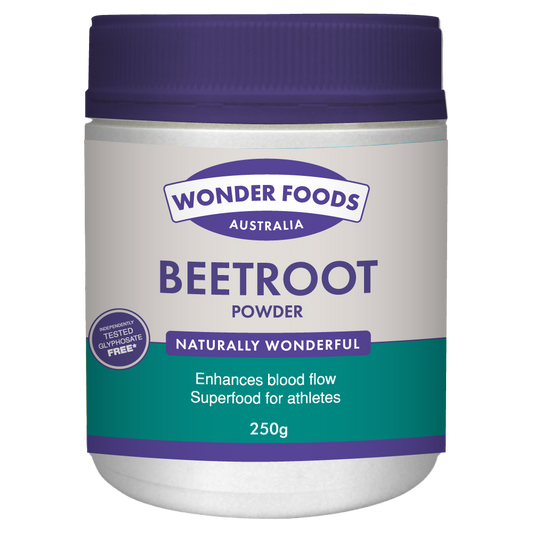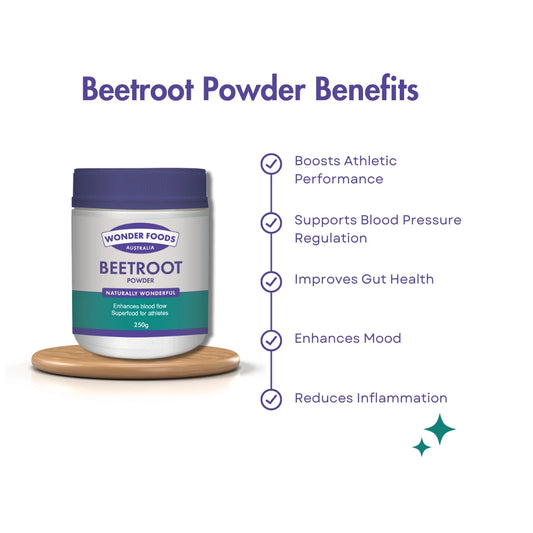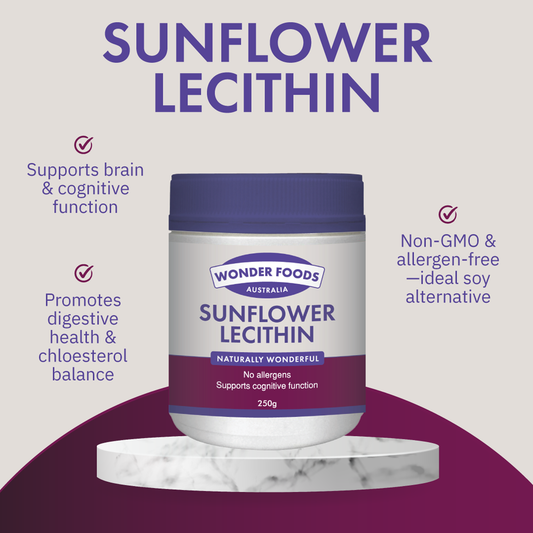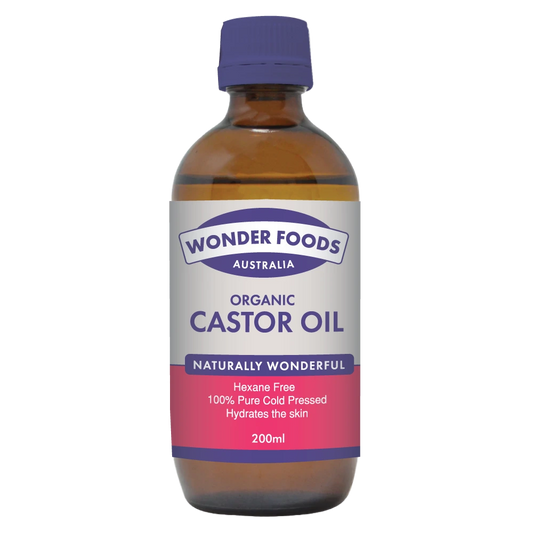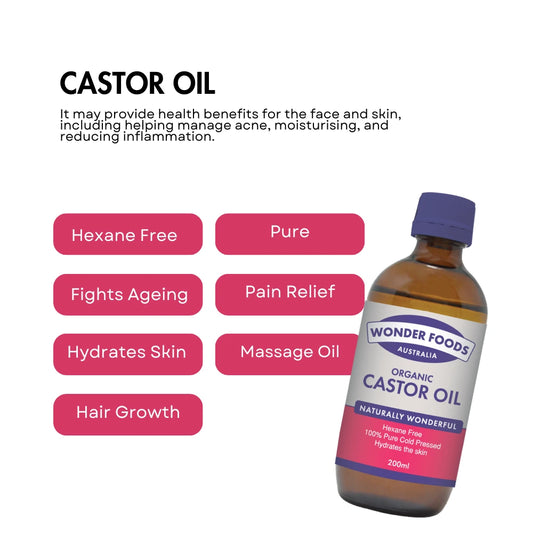
Creatine for Women?
Creatine is often associated with muscle-building and athletic performance, but its benefits go far beyond the gym.
While it's been a staple for bodybuilders and strength athletes for years, research increasingly shows that creatine supplementation can offer significant advantages for women, especially as they age.
From boosting energy and brain function to improving reproductive health and supporting bone strength, creatine is quickly becoming a must-have supplement for women (there is even evidence creatine may help with ADHD).
In this blog post, we will explore why women, including those going through different life stages such as menstruation, pregnancy, menopause, and post-menopause, may benefit from adding creatine to their daily routines.
The Science Behind Creatine
Creatine is a naturally occurring compound found in small amounts in certain foods like red meat and fish.
It is primarily stored in the muscles, where it helps produce energy for high-intensity activities.
However, creatine isn’t just for muscles—your brain, heart, and other tissues also rely on it for energy.
Our bodies produce creatine, but the amount we get from our diet or synthesise is often insufficient for optimal health, particularly for women.
This is where supplementation comes in.
Research suggests that creatine can have broad-reaching effects, supporting not just physical performance but also mental health, hormonal balance and bone integrity.
Creatine and Hormonal Changes in Women
Hormonal fluctuations, whether during menstruation, pregnancy, or menopause, play a significant role in a woman’s physiology.
These changes can impact how well the body uses creatine.
Research shows that during menstruation, pregnancy, postpartum, and menopause, creatine supplementation may be particularly helpful in maintaining muscle function, cognitive health, and energy levels.
A comprehensive study based on data from the National Health and Nutrition Examination Survey (NHANES) found a significant link between creatine intake and various aspects of reproductive health in women.
Women consuming at least 13 mg of creatine per kilogram of body weight daily had a lower risk of issues such as irregular periods, pelvic infections and even needing hormone replacement therapy.
This suggests that adequate creatine intake may help stabilise hormonal fluctuations and improve reproductive health.
Why Women Need Creatine: Muscle and Bone Health
One of the most well-known benefits of creatine is its ability to enhance muscle strength and endurance, but its role in bone health is equally important for women.
As women age, they are more likely to experience bone density loss, especially after menopause when oestrogen levels decline.
This can lead to osteoporosis and an increased risk of fractures.
A two-year study on postmenopausal women found that while creatine didn’t significantly increase bone mineral density, it did improve bone geometric properties at the proximal femur, which is critical for maintaining bone strength.
Additionally, creatine supplementation helped maintain lean muscle mass, which is vital for overall mobility and reducing the risk of falls as women age.
Creatine and Cognitive Health
Beyond muscle and bone health, creatine offers promising benefits for the brain.
Studies suggest that creatine can improve cognitive function by enhancing energy production in the brain.
This is particularly important for women who may experience cognitive decline due to hormonal changes during menopause.
Research on the relationship between creatine and brain health shows that it may support better memory, quicker cognitive processing, and improved mood.
This is because creatine helps to maintain optimal levels of neurotransmitters, including dopamine, which is essential for attention and mood regulation.
For women experiencing brain fog or mood swings due to hormonal changes, creatine could offer a natural way to support mental clarity and emotional stability.
Anecdotally, many of our private clients comment that since using creatine they don't have 'brain fog'.
Creatine and Energy Production
One of creatine’s most important roles in the body is its involvement in ATP production, the energy currency of cells.
During high-intensity activities, creatine helps regenerate ATP, providing quick bursts of energy.
While this is helpful during workouts, it can also benefit women who need an extra energy boost in their day-to-day lives.
Whether you're a busy mom, a professional juggling multiple responsibilities, or someone dealing with the energy-draining effects of menopause, creatine can help improve your stamina and energy levels.
This makes it easier to stay active, keep up with exercise routines, and manage daily stressors without feeling constantly fatigued.
Creatine and Reproductive Health
For women of reproductive age, maintaining a healthy menstrual cycle and overall reproductive health is essential.
Low creatine intake has been associated with irregular periods, which could be linked to energy deficiencies in the body.
According to research from the NHANES dataset, women who consumed optimal amounts of creatine daily were less likely to experience issues such as irregular periods, pelvic infections, and even pregnancy complications like fetal macrosomia.
Additionally, adequate creatine levels may help during pregnancy and postpartum recovery by supporting muscle function and energy production, making it a valuable supplement during these life stages.
The Safety of Creatine for Women
A common concern among women considering creatine supplementation is whether it's safe, especially for long-term use.
The good news is that extensive research has shown that creatine is safe for most individuals, including women, when taken at recommended doses.
In a study involving postmenopausal women, creatine supplementation over 12 weeks did not negatively affect kidney function, a common concern for long-term creatine users.
This suggests that creatine is not only safe for short-term use but can also be taken over extended periods without harmful effects on kidney health.
However, as with any supplement, it's always a good idea to consult with a Health Practitioner before starting creatine, especially if you have any pre-existing conditions or are taking medications.
Who Shouldn’t Take Creatine?
While creatine is generally considered safe, there are a few groups of women who should consult with a healthcare provider before starting supplementation. These include:
- Women with pre-existing kidney conditions
- Pregnant or breastfeeding women (due to limited research in these groups)
- Women on medications that affect kidney function
Additionally, it’s essential to follow the recommended dosage to avoid any potential side effects, such as gastrointestinal discomfort or water retention.
Conclusion: Why Women Need Creatine
Creatine is not just for bodybuilders or athletes—it's a versatile supplement that offers significant benefits for women at all life stages.
From improving muscle and bone health to enhancing brain function and supporting reproductive health, creatine can be a powerful tool for women looking to optimise their well-being.
As more research emerges, it’s becoming clear that creatine is an essential supplement for women, whether they’re dealing with the hormonal fluctuations of menstruation, the energy demands of daily life, or the challenges of aging.
If you're looking to improve your physical and mental health naturally, creatine is worth considering as part of your daily routine.
Always consult with a healthcare professional to determine if creatine is right for you and to ensure you’re taking the correct dosage.

